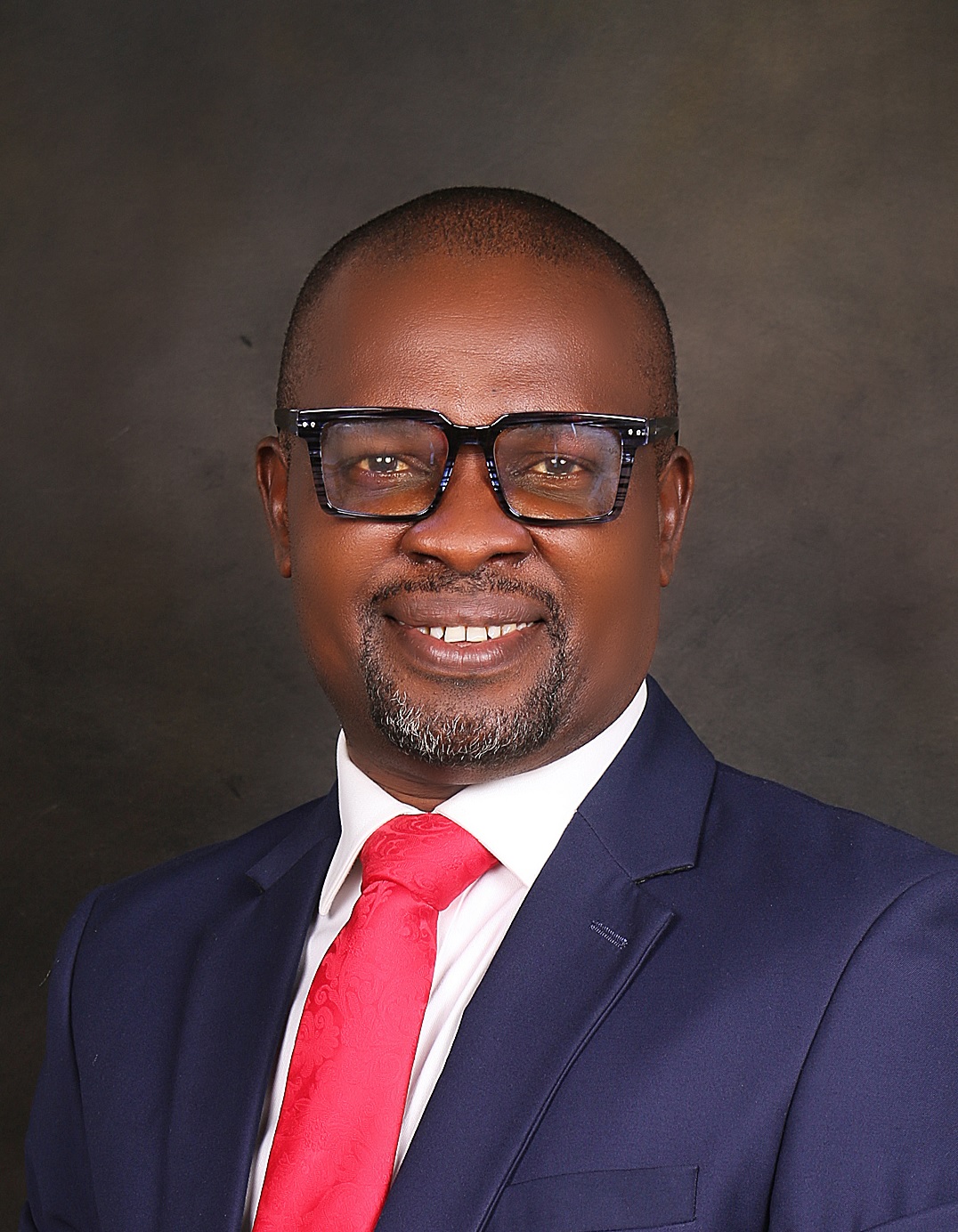Petroleum Industry Bill (PIB) came into existence in 2007 through a presidential committee set up to investigate the oil and gas sector. The committee presented the idea of this bill to reform the legislative framework that regulates the industry.
Many oil companies believe that new investments in the Nigerian oil sector are dependent on the PIB passage.
Currently, Nigeria is said to have one of the least competitive deepwater fiscal terms in Africa and is increasingly losing significant amounts of potential investments to other African countries.
According to news reports, Nigeria has attracted minimal investments with more significant reserves. In contrast, Egypt, Angola and Ghana with about half of Nigeria’s reserves combined, have attracted more investments for new projects because they offer more attractive Deepwater fiscal terms to encourage investments.
This bill seeks to increase government revenue from oil and lay down a strengthened legal and regulatory framework for the Nigerian oil industry.
The PIB also proposes the replacement of the Department of Petroleum Resources (DPR) with two new regulators, the Upstream Petroleum Inspectorate (UPI) and the Downstream Petroleum Regulatory Agency (DPRA).
By separating downstream(refining and distributing) from upstream (exploration and production), it is believed that each sector’s issues will be addressed more effectively.
This bill has suffered legislative delays and limited consideration from the executive. Reasons for the 14-year delay include the fear of potential protests against any removal of the fuel subsidy arising from the deregulation of the industry, concerns about regional imbalances in the distribution of oil revenues and mounting pressure from foreign oil companies who are unwilling to pay more oil taxes.
The PIB aims to reduce gas flaring, create a deregulated natural gas market through a domestic supply obligation. It also seeks to establish a domestic price for gas.
The Petroleum Host Community Fund (PHCF) that will be a designated fund for the development of the economics and social infrastructure of the communities within the petroleum-producing areas has also been included in this bill.
https://businessday.ng/energy/oilandgas/article/pet roleum-industry-bill-will-be-passed-in-mid-2020sylva/
https://nairametrics.com/2020/02/09/pib-and-itsunsurmountable-obstacles/
https://www.stakeholderdemocracy.org/wpcontent/uploads/2015/09/V2-28.9.15-SPOTLIGHTISSUE-THE-PIB.pdf









